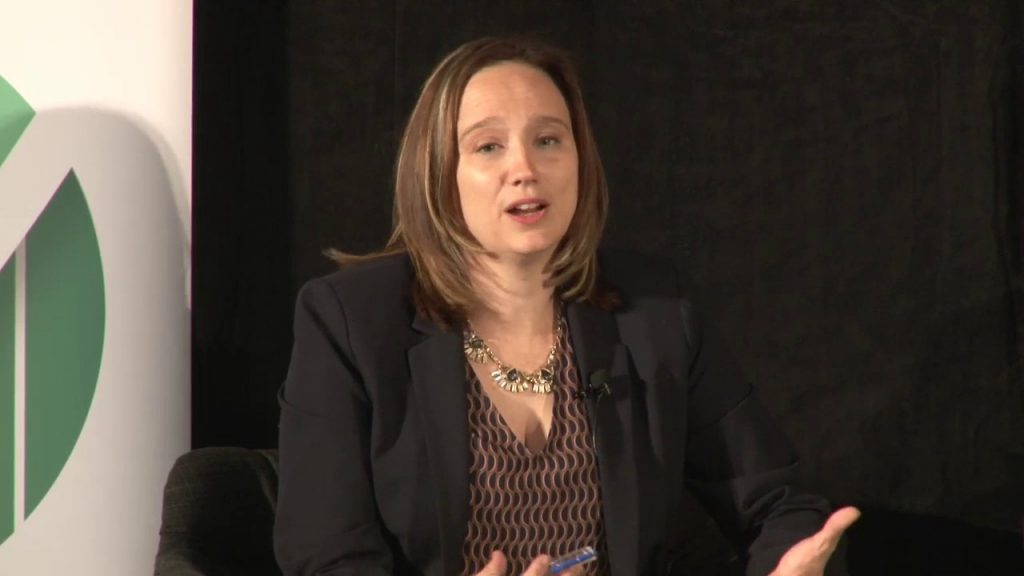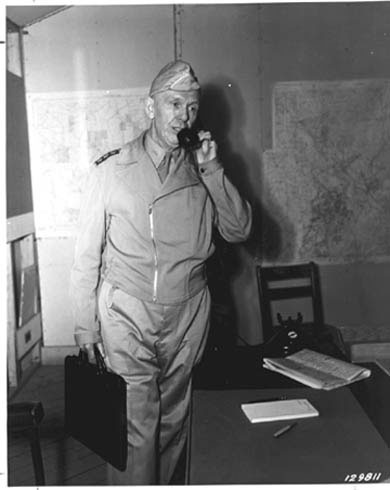

The beginning, the start. As a leader, do you know when it is? Often you do. A project, a budgetary cycle, a strategic initiative, a team’s creation, a grand opening, all of them have a specific point in time when they get underway. You’re further encouraged to be confident in starting and beginning by so many things around you. A work week, a school year, a season, a movie, a meal, an athletic game, a trip, the list seems endless. You’re hard-wired to know, expect, and experience what it is to begin and start.
I read an article recently that made me re-think starting and beginning. And that reminded me of a second story I know from the past. Spend a couple of minutes with me on the two short stories. It might prevent a headache in the future.
The article was about Claudia Sahm. She’s an economist and section chief at the Federal Reserve. Sahm is working on developing a better way to know when the economy has slipped into recession. She’s crafted a new model–the Sahm Rule–to allow people in real-time to date the point at which recession arrived. With a clearer sense of the start and beginning, Sahm believes entities and organizations can make faster decisions in adjusting policy, behavior, and so on. The assumption is the sooner you’re able to know a recession has started, the better your chances of shortening its duration.
I finished the article and, within seconds, up popped an image in my mind. It was George Marshall on the late afternoon of December 7, 1941, when he as US Army Chief of Staff. I’ve used this story with clients of mine and it pairs well with Sahm’s article.
Late Sunday afternoon, Eastern Time, December 7, 1941, the Japanese strike force was finishing up their surprise attack on the American naval base at Pearl Harbor, Hawaiian Territory. Marshall was in Washington DC in a meeting with President Franklin Roosevelt and several Cabinet members and advisers. They were sorting out pieces of information about the shocking attack. In addition to details about the bombing of Pearl Harbor, the group received other telegrams and messages by 5pm–an invasion of Hawaii was underway; Japanese citizens were committing sabotage across the Hawaiian Islands; Japanese naval ships were headed toward the American west coast; and bombs were detonating throughout California.
George Marshall decided to speak to the group. He uttered seven words. He coupled his brief statement with a steely look around the table.
“We’re now in the fog of battle.”
If you’re in Roosevelt’s group, do you gather his meaning?
He is saying to the group that even though American participation in the war will now inevitably occur, it’s not clear what is actually happening in the moment. It will take time to determine the truth of events. More information needs to come in before taking steps. But reality isn’t allowing you the time and mental space to absorb such an event. Other reports are pushing you hard to react and react now. Fact and fiction are here with us, in this room. Neither is distinguishable.
The two stories reveal that some of the most dramatic and consequential experiences of your leadership will be unclear in their commencement, especially in a setting marked by trends, patterns, and, frequently, crises. You may be in a situation where the actual start and beginning will look glaringly obvious later on. In real-time, however, the clarity of hindsight will be denied you. It’s almost certain you’ll lack precision in assessing internal conditions around you as well as reports of external conditions from elsewhere. The turn of the key and the flip of the switch–to begin and start–may appear with far less definition in the minute-to-minute act of living than they do upon subsequent reflection.
Learn from Claudia Sahm and George Marshall. From Sahm know that a stronger understanding of the start in the present can produce more effective decisions in the future. Hold tight to it. From Marshall know that a central event will be accompanied by other events equally tantalizing and deceiving. Hold back from them.
So go ahead and start your computer, start your car, start your shopping for Thanksgiving dinner. Just remember that not every start and beginning will offer the same degree of certainty.
Thanks for reading. All the best, Dan







